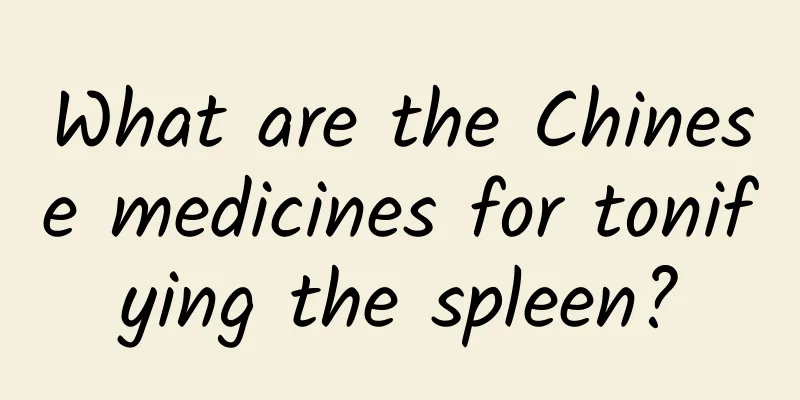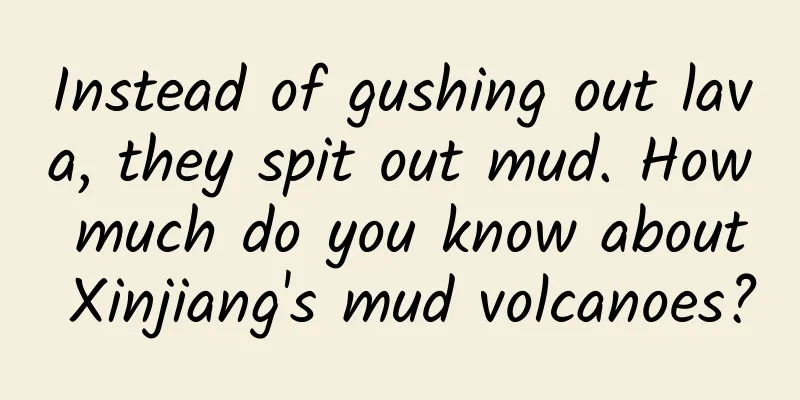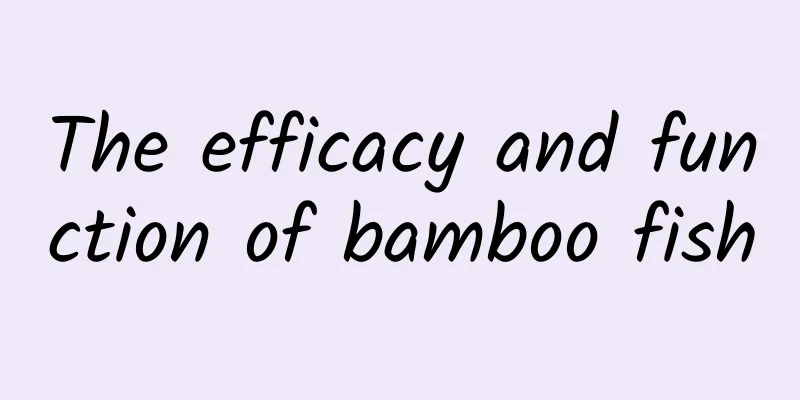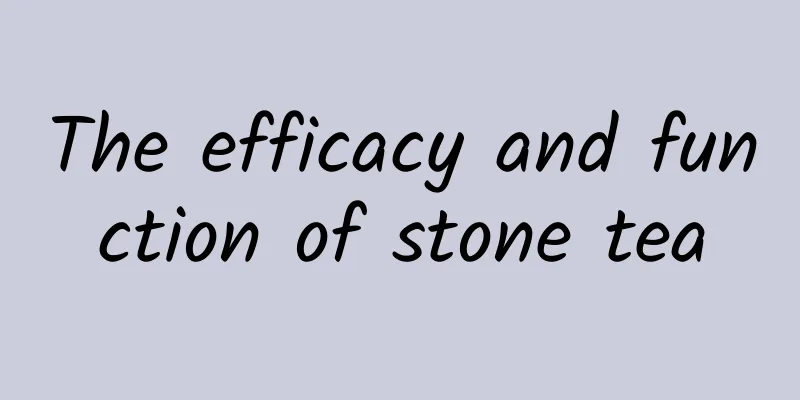What are the Chinese medicines for tonifying the spleen?

|
I believe everyone knows that the human body is very fragile. The longer we live in this modern world where the air quality is not very good, we will find that our bodies will develop various problems and conditions. Spleen deficiency is a very common condition. And the cause of the disease is very complicated. It will only make your body very uncomfortable and cause many uncomfortable symptoms. So what are the traditional Chinese medicines for nourishing the spleen? Let me introduce it to you today. Spleen deficiency syndrome in traditional Chinese medicine refers to the disease caused by spleen weakness in traditional Chinese medicine. Although the condition is relatively complicated, it mainly includes vomiting, diarrhea, edema, bleeding, etc. Here is a brief description of the treatment experience as follows: The symptoms of vomiting due to spleen deficiency are that the patient will vomit easily if he is not careful in eating and drinking. The vomiting will come and go, and the patient has poor appetite, difficulty in digesting food, abdominal distension, bland mouth without thirst, pale face, fatigue, pale tongue, thin white fur, and weak pulse. Vomiting due to spleen deficiency is caused by spleen weakness and upward flow of stomach qi. The treatment should be to strengthen the spleen and stomach and stop vomiting. The prescription can be Xiangsha Liujunzi Decoction with modifications. Basic Theory of Traditional Chinese Medicine: The Relationship between Organs - Spleen and Kidney Kidney deficiency is generally divided into kidney yin deficiency and kidney yang deficiency. Spleen deficiency is generally divided into spleen qi deficiency and spleen yang deficiency. For spleen deficiency, Shenling Baizhu San can replenish qi and strengthen the spleen, drain dampness and stop diarrhea. This recipe is made by adding yam, lotus seeds, white hyacinth bean, coix seed, amomum villosum and platycodon to Sijunzi Decoction. Both prescriptions have the function of invigorating Qi and strengthening the spleen, but Sijunzi Decoction focuses on invigorating Qi and is the basic prescription for treating spleen and stomach Qi deficiency; Shenling Baizhu San has the function of dissipating dampness and promoting Qi circulation, and has the effect of protecting the lungs. It is a commonly used prescription for treating spleen deficiency and dampness syndrome and embodies the treatment method of "cultivating soil and producing gold". [Prescription theory] The ginseng, white atractylodes, poria and licorice in the prescription nourish qi and strengthen the spleen, while yam, lentil and lotus seeds nourish the spleen and eliminate dampness; Amomum villosum invigorates the spleen, and Platycodon grandiflorum raises the clearness, clears the lungs and promotes qi, and is used to carry the medicine upward. The combination of these medicines can strengthen the spleen and replenish Qi, harmonize the stomach and eliminate dampness. Through the above introduction, I believe everyone must have a certain understanding of Chinese medicine for tonifying the spleen. In the future, you can use these Chinese medicines in combination with many foods to stew soup as a tonic. As long as you persist, you will definitely have a healthy spleen and stomach. Don't just let the symptoms develop and ignore them, as they will only get worse. n><�� tp`�y^spacerun:"yes"; font-family:Arial; color:rgb(51,51,51); font-size:10.5000pt; mso-font-kerning:0.0000pt; " > 6. After cooking the chicken for about 40 minutes, you can pour in the taro and cook for another two or three minutes before eating. After reading the introduction above, have you gained some different insights? It turns out that taro and chicken can be eaten like this. In fact, in life, many ingredients that you would never imagine can be eaten together. As long as you practice more and constantly sum up your experience in practice, you will be able to make delicious dishes. |
<<: Effects of boiling water with Xanthium sibiricum
>>: What are the traditional Chinese medicines that can protect the liver?
Recommend
What are the functions of wolfberry?
I believe that many of my friends have the habit ...
What is the value of Astragalus membranaceus?
Astragalus is a very familiar and frequently used...
In late autumn, if you want to "rest", you must know these →
Recently, many places in Beijing, which has enter...
A must-read before meals! These 6 diseases are caused by overeating! Do you dare to eat more after reading this?
As the saying goes, "Eat until you are 70% f...
What are the effects of maca tablets
Maca tablets actually have many functions and eff...
What is the spirit of scientists?
On Youth Day, I saw a trending search on the topi...
The efficacy and function of Aster tataricus
We can often see Aster tataricus in daily life, s...
The efficacy and function of floating wheat
Floating wheat is a common type of traditional Ch...
The efficacy and function of Shigugugu
Shitgugu is a common Chinese medicine in clinical...
The efficacy of pseudo-beech leaves
Pseudobele is a common plant in life. It can be f...
QuestMobile: Top 10 Latest Trends of China's Comprehensive E-commerce Apps in Spring 2024
QuestMobile released the "2024 China Mobile ...
Are animal organs a health killer? Not necessarily, these 5 types are worth eating!
In many countries, people do not have the habit o...
Stinky mandarin fish is the cloud-piercing arrow that calls Anhui people to
There is no lower limit in the competition of sme...
PathFactory: 2020 Virtual Event Experience Report
PathFactory has released a new report, “The Virtu...


![[Creative Cultivation Program] How dirty are your mobile phone, remote control, and bed sheets? They are like a garbage dump!](/upload/images/67f0e5fcda06e.webp)






